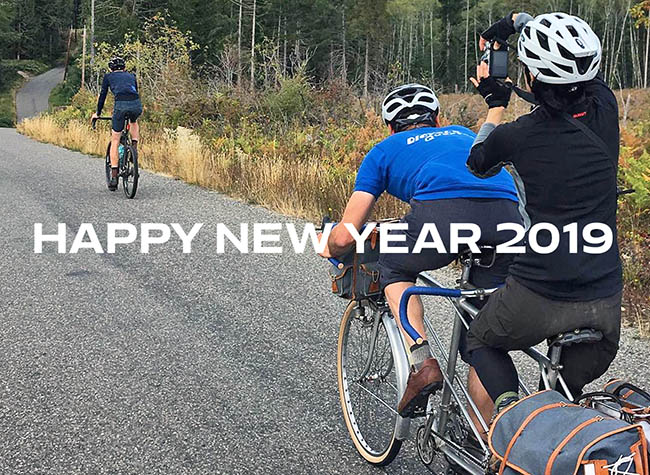Posted by: Jan Heine
Post Date: 1 Jan 2019
Happy New Year

We are looking forward to another great year! We wish all our readers joy, happiness and many great rides in 2019. See you on the road!
—The BQ and Compass/Rene Herse team
Photo credit: Ryan Francesconi


